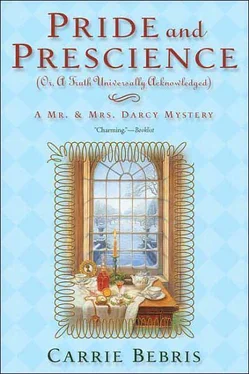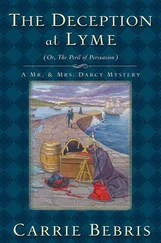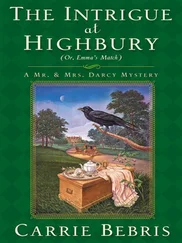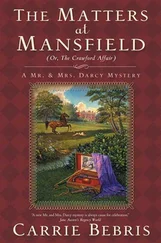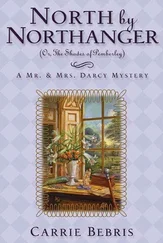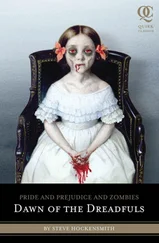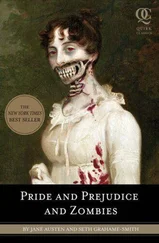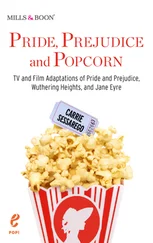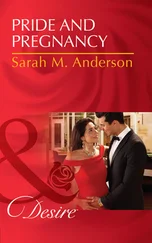“Mr Darcy sends you all the love in the world, that he can spare from me. You are all to come to Pemberley at Christmas.”
Elizabeth, writing to Mrs. Gardiner, Pride and Prejudice,
Chapter 60
Happy for all their domestic feelings was the day on which Mr. and Mrs. Darcy set off from Netherfield to spend Christmas at Pemberley. They had not an hour to waste, and exhausted the horses in the journey, but even the animals seemed relieved to reach home after so long a sojourn. Georgiana and the Gardiners met them with much elation, and all enjoyed a merry Yuletide free of the unpleasant people and events of recent weeks.
Mr. Parrish experienced the hospitality of the Hertfordshire county jail for months while he awaited trial. Although the paranormal details of his crimes were withheld from common knowledge, the miscreant’s other acts proved sufficient to convict him in the court of public opinion well in advance of his appearance in the court of law. As word of his treachery spread, all the ton recalled having observed something untrustworthy in his aspect, questionable in his manner, dubious in his speech. Americans in general were declared uncivilized, and marriage to one the ultimate mésalliance.
Caroline remained at Netherfield to recover from her ordeal and petition for a divorce from her frog prince. The disgrace of her marriage chastened her little; free of the ring’s effects, she was soon restored to her usual charming self, and took pleasure once more in derisive commentary on country society. Unfortunately, she was left to make her snide observations alone, as the Hursts departed for the Continent to live amongst other genteel expatriates fleeing high gambling debts. Louisa wrote to her brother with hints that a few extra pounds would greatly increase their comfort, and to her sister with suggestions that a French suitor might prove just the antidote for her American faux pas, but neither responded with enthusiasm.
Jane and Bingley, their house cleared of guests save Caroline, at last knew relative peace. Lest the newlyweds grow bored at Netherfield without murder and mayhem to fill their days, Mrs. Bennet’s frequent visits and the servants’ misguided eagerness worked in concert to keep life interesting. As soon as spring arrived, they undertook with alacrity the search for a new home.
Juliet Kendall enjoyed increased popularity following the Parrish scandal. In the convenient memory of the ton she was credited with having been the first to recognize the scoundrel for what he was. By the middle of the following season, she married a gentleman of moderate means who found her disposition bearable, and perhaps sweeter for the sizable inheritance that came with it. They settled in Sussex and never bothered the Bingleys again.
Professor Randolph managed to escape guilt by association with Mr. Parrish, and was generally considered another unfortunate victim of the rogue’s duplicity. Aided by the patronage of Lord Chatfield, and Mr. Darcy’s suggestion that he would do well to keep his specialty quiet, he secured a position as the British Museum’s first resident archeologist. He immediately commenced planning his next expedition, an investigation into several standing stone ruins in the north country.
Darcy, having witnessed with his own eyes the supernatural effects of the rings, was forced to concede to Elizabeth that there were things of this world that transcend the ability of science to explain. He continued, however, to believe in the superiority of reason over intuition. He also continued to train with his fencing master whenever business summoned him to London, in the unlikely event that he would ever again be called upon to defend himself with a fire poker.
Elizabeth met the demands of her new role as mistress of Pemberley with grace and aptitude. Her days were busy, but she took pleasure in the occupation. As time passed and the intrigue at Netherfield faded into memory, she could hardly believe herself that the eerie events she’d experienced had been more than a chapter in a gothic novel. She was content to set aside thoughts of plots and portents for more mundane concerns: the simple pleasures of home and hearth, and a new husband whose devotion to her was matched only by the affection she bore for him.
In quiet moments, however, she sometimes withdrew Professor Randolph’s amulet and pondered his parting words to her. “I believe you have a gift,” he had said. “A very powerful one. Should you ever choose to cultivate it, let me know.”
Perhaps one day she would.
